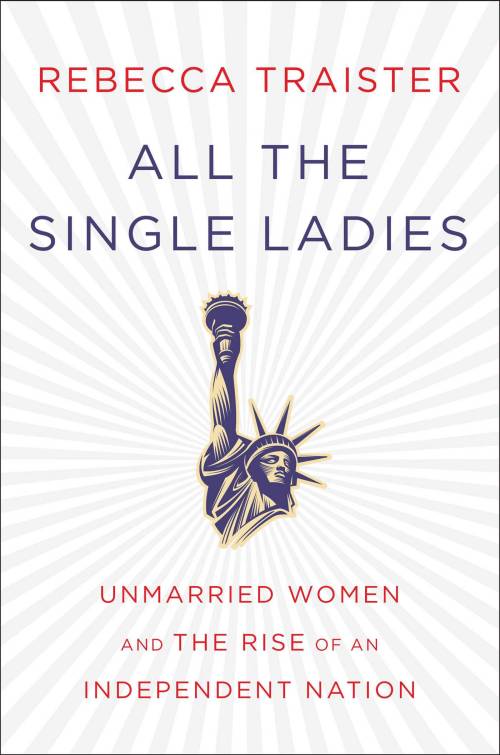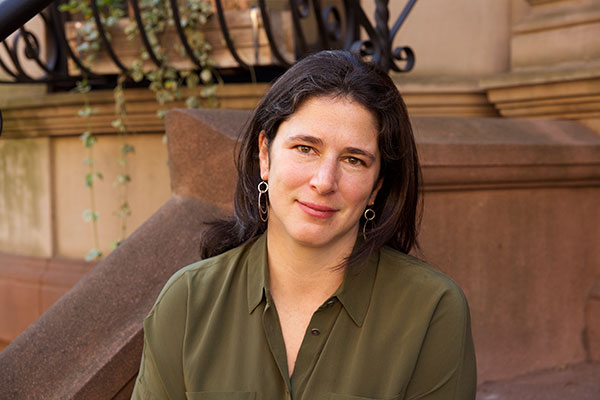Marriage is traditionally the destiny offered to women by society. Most women are married or have been, or plan to be or suffer from not being. – Simone de Beauvoir
When I was 24, my best friend and I were invited to the wedding of a woman, our age, that we knew from the feminist punk scene. She was marrying her high school boyfriend. Britt and I wore wigs to the ceremony — though it wasn’t that kind of party. Looking back, I think we subconsciously felt like the whole idea of marriage was so peculiar, so weird, that we needed to make a statement. Why not make a spectacle at a spectacle?
For the majority of my posse of foxy, nonconformist friends, marriage was as distant and cold as Siberia. We had way more fun things to do. Bands to see. Global travel adventures to plan. Boys and girls to hook up with. Degrees to finish. Music to write. Stories to publish. Protests to plan. Weddings? No thanks. Besides, we had each other for companionship, love, and support. Sure, some were in committed relationships, but we absolutely, positively were not looking to get married. Marriage to me looked stifling, patriarchal, oppressive, and — worst of all — boring. Back in colonial times, we would have been referred to has “thornbacks,” the word for an unmarried woman over the age of 26.
Just a generation before, things were different. My mom married my dad at the age of 19, to live with him during Army training. Her two sisters married young as well. Neither of those marriages lasted long; my parents, on the other hand, have been together since 1969.

I got to thinking about marriage, and the single life, and what it all means after reading All the Single Ladies: Unmarried Women and the Rise of an Independent Nation, the excellent and engrossing new book by Rebecca Traister. A keen blend of history, socio-cultural commentary and memoir, the book reads as a prism of issues, struggles, and victories surrounding single women in America — both today and throughout history. We are now living in the “epoch of single women,” writes Traister. As such, it’s time for government and legislators to step up to the policy plate and build a world around this new, impressive, and fully data-supported reality.
“Single women are taking up space in a world that was not built for them. We are a new republic, with a new category of citizen. If we are to flourish, we must make room for free women, must adjust our economic and social systems, the ones that are built around the presumption that no woman really counts unless she is married.”
The choice to be single is not a new phenomenon. But, statistically, there are far more single ladies in the U.S. now than ever before. As of 2009, the “number of adults younger than thirty-four who had never married was up to 46 percent.” For the first time in history, due to a complex political, cultural, and economic stew, single women outnumber married women. More women are also choosing to delay marriage, if they marry at all.



